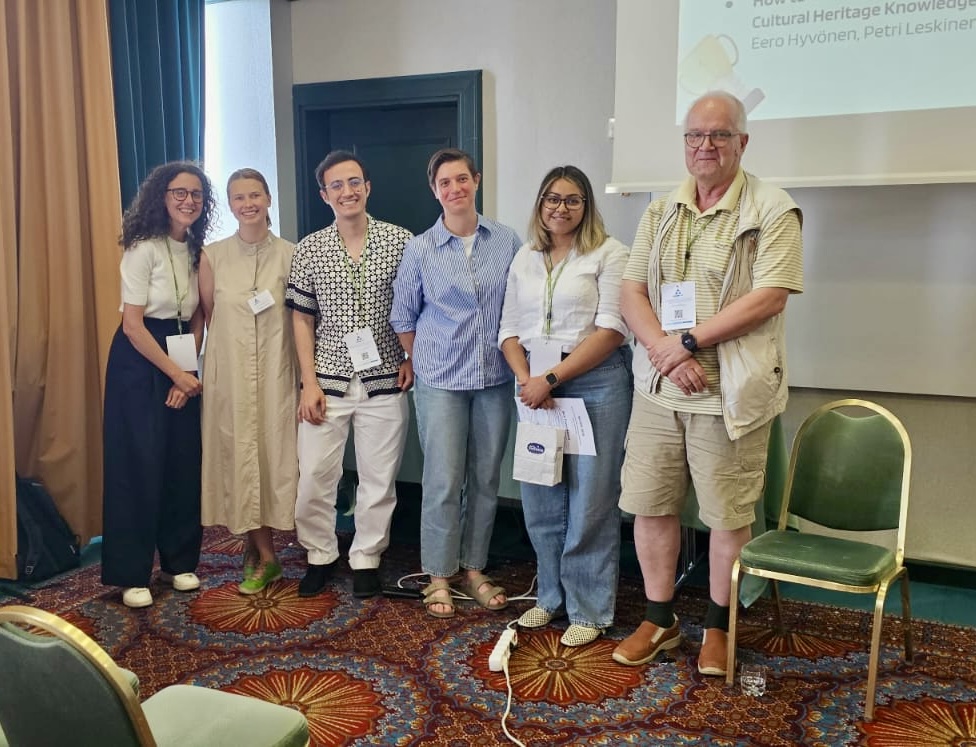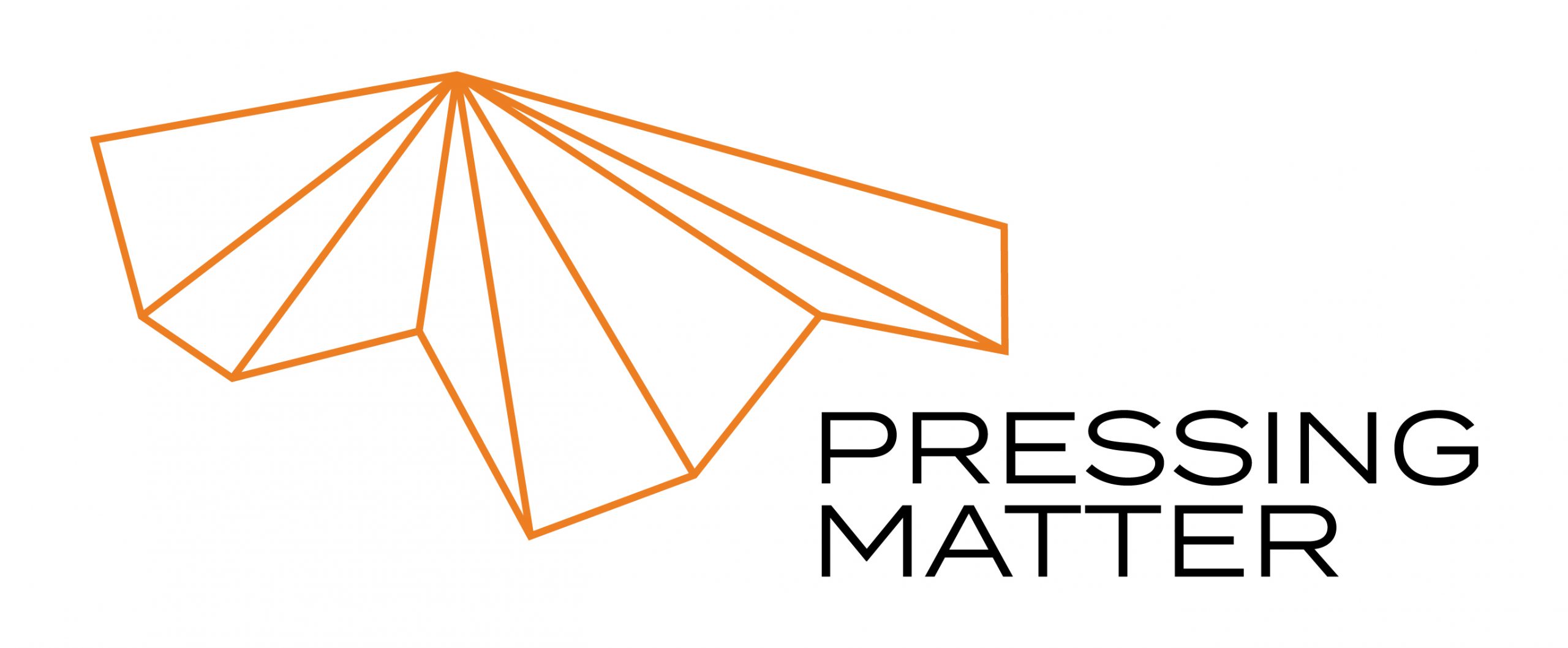Best Paper Award for Enhancing Provenance Research with Linked Data
We are thrilled to share that our paper, Enhancing Provenance Research with Linked Data: A Visual Approach to Knowledge Discovery, has been awarded Best Paper at the SemDH 2025 Workshop (Second International Workshop of Semantic Digital Humanities), held at the ESWC 2025 Conference in Portorož, Slovenia.
This work is the result of a collaboration between Vrije Universiteit Amsterdam and Aalto University in Finland, supported by Sarah Shoilee’s research visit to Aalto in early 2025 as part of her PhD within the Pressing Matter project. In addition, the work was nominated for Best Demo at the ESWC 2025 conference, where Victor de Boer (PI of work package 1b) received the Best Reviewer Award for the Resource Track.
Overall, participating in ESWC—one of the leading conferences in the field of Semantic Web technologies—was a rewarding experience for the Pressing Matter team. This recognition underscores the value of interdisciplinary collaboration and the increasing relevance of semantic technologies within the Digital Humanities, offering encouraging opportunities for future research and exchange.

About the Research
One of the most pressing challenges in provenance research—especially in the context of colonial collections—is the fragmentary, incomplete, and often ambiguous nature of the historical records. Many provenance chains are broken, partially documented, or scattered across different archives, making it difficult to reconstruct the full narrative of an object’s biography.
This research aims to tackle this issue by using Linked Data and semantic exploration tools to:
- Expose gaps and uncertainties in the provenance records through user-friendly interface instead of concealing them.
- Support researchers in navigating incomplete data through visual tools like timelines, maps, and networks that help identify missing links, time periods with sparse information, and disconnected nodes in provenance chains.
- Enable semantic exploration, where incomplete records can be viewed in the broader context of related people, places, and historical events, encouraging critical questioning and further investigation.
Rather than aiming to “complete” the provenance data, PM-Sampo makes the incompleteness itself visible and researchable, which is the technological contribution of the paper. By acknowledging and foregrounding these gaps, we aim to foster transparency, encourage scholarly reflection, and open up new avenues for collaborative knowledge building.
